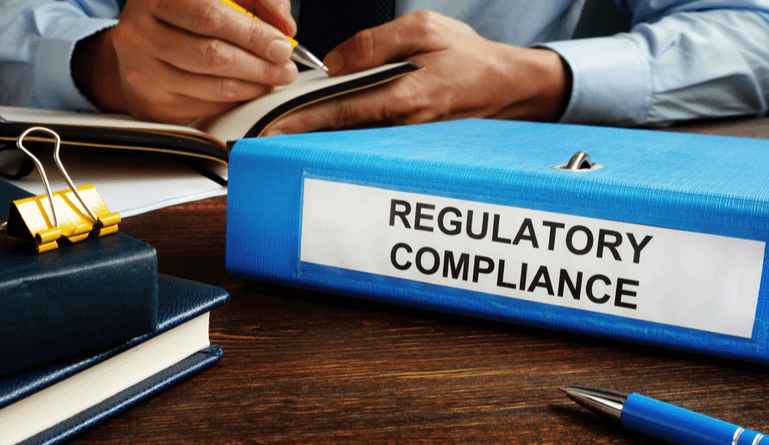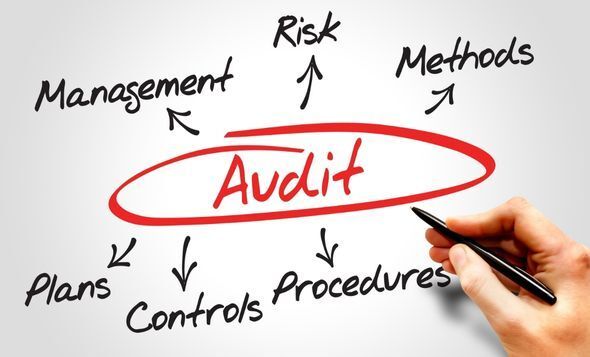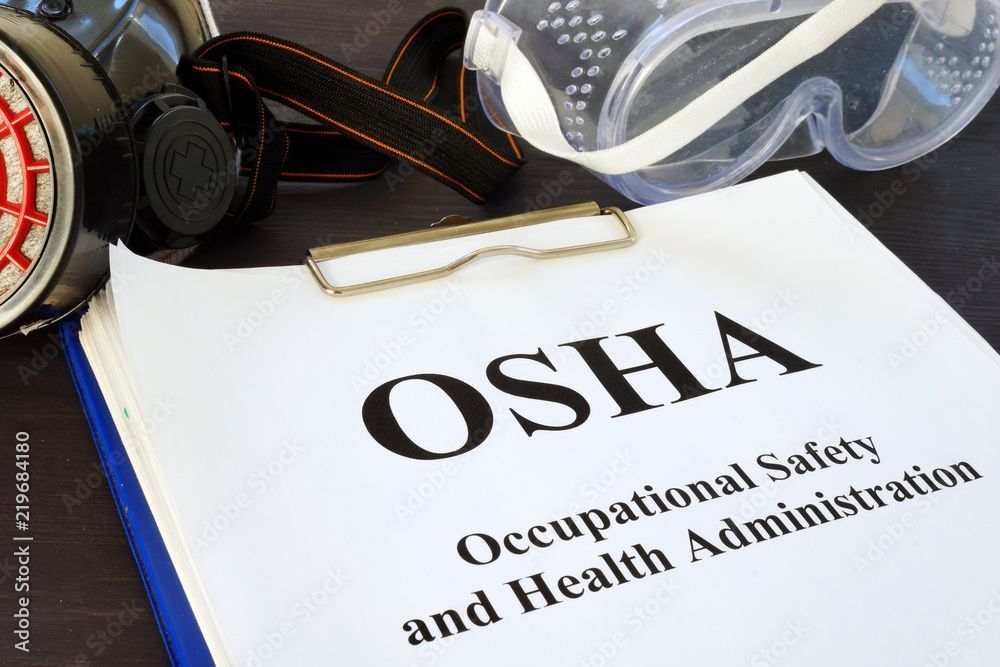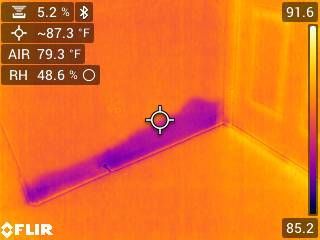Get in touch
813-285-3548
info@elliottconsultingflorida.com
Call today to schedule your EHS compliance consultation: 813-771-0532
Licensed and Insured
Managing Lithium Battery Hazards
Not Your Granddad's Dry-Cell Batteries

Recently, a client came to me with concerns about lithium battery hazards at their facility. Their concerns were well justified. According to a 2018 U.S. Consumer Product Safety Commission report, more than 25,000 issues involving fires or overheating from lithium batteries were reported between 2012 and 2017. Without a doubt, rapid advances in rechargeable battery technology allow for increasingly more energy to be stored in smaller packages. This presents increasing risk, especially given the swift rise in the use of Lithium powered batteries in mobile phones, business devices, radios, power tools, computers, , wearable devices, and backup energy storage systems, and vehicles. Chances are there are numerous such devises throughout your workplace. I’ve compiled a dozen important tips for EHS professionals to consider when managing lithium ion batteries (LIBs) which are common in today's workplaces:
USE
- Assess the workplace for LIBs and manage them a hazardous chemical. LIBs contain reactive metal and flammable liquid electrolyte. They can leak, spill or break during normal use and in emergencies and result in potential chemical exposure.
- Review and assess regulatory requirements applicable to LIBs. LIBs should be part of your facility’s EPA, OSHA, DOT, and NFPA compliance programs.
- Check manufacturer’s guidance on how to extinguish small battery fires. This could include ABC dry chemical extinguishers, Class D fire extinguishers (for lithium-metal), dirt, or sand.
- Inform and train workers on the physical and health hazards associated with lithium-ion and/or lithium-metal cells or LIB hazards, and the safe use, handling, and disposal of LIBs in the workplace.
STORAGE/CHARGING
- LIBs are a potential ignition source. Do not store, charge, or collect LIBs near flammable chemicals, or hazardous materials.
- Follow manufacturer’s instructions for storage, use, charging, and maintenance.
- Do not overcharge batteries. Any defects in protection circuitry could lead to an
- over current condition and result in fire/explosion.
- Use the designated charging apparatus for each battery as charging devices have special circuitry to monitor the particular requirements to safely charge each battery. When replacing batteries and chargers for an electronic device, be sure they are specifically designed and approved for use with the device.
DISPOSAL
- Establish a procedure for disposing or recycling of LIBs in accordance with federal/state/local requirements. Typically, non-conductive tape (e.g., electrical tape) is placed over the battery’s terminals and each battery or device containing a battery is placed in a separate plastic bag. Consult a reputable vendor for industrial waste disposal or contact your local solid waste program for options. EPA recommends sending batteries to specialized battery recyclers or retailers that are participating in takeback services. Two resources for finding a recycler are the Earth 911 database and Call2Recycle.
- Do not dispose of spent LIBs or LIB-containing devices in municipal trash. There may be enough residual energy in the battery to initiate a fire during waste storage, handling, and disposal.
- Damaged LIBs can result in internal battery failure resulting in fire, thermal runaway, explosion. Immediately place damaged LIBs in fire resistant container (e.g., metal drum) with sand or other extinguishing agent, and dispose in accordance with local, state, and federal regulations.
- Review incident response procedures based on manufacturer’s instructions for responding to battery failures including fires and/or explosions.

Get In Touch
813-771-0532
info@elliottconsultingflorida.com
Wesley Chapel, FL 33543
We offer our consulting services throughout central Florida
Check Out Our Blog
All Rights Reserved | Elliott Consulting Group









